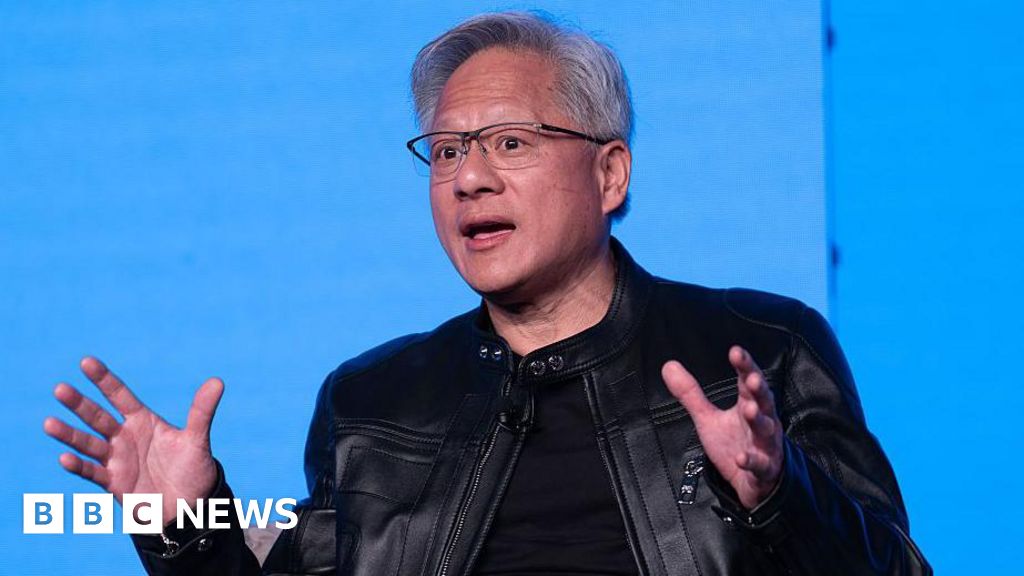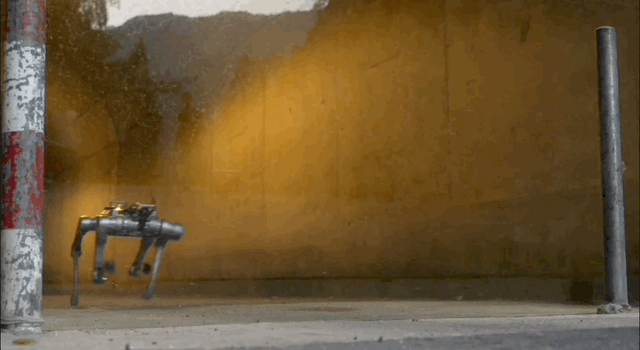US technology giant Nvidia says it will soon resume sales of its high-end artificial intelligence (AI) chips to China.
The US government has assured the firm that it will grant the licenses needed to restart exports to the world’s second largest economy, the company said in a blog post.
The move reverses a ban on sales of Nvidia’s H20 chips to Beijing, which was imposed by US President Donald Trump’s administration in April over concerns that they could be used by the Chinese military.
The chips have been a key focus of export controls aimed at keeping the cutting-edge technology out of Beijing’s hands as the AI race between the US and China heats up.
The US Department of Commerce did not immediately respond to a request for comment from the BBC.
The H20 chip was developed specifically for the Chinese market after US export restrictions were imposed by the Biden administration in 2023. Its sale was effectively banned by the Trump administration in April this year.
The announcement came as trade tensions between Beijing and Washington have been easing.
In May, the two governments agreed a temporary truce in their tariffs war.
They set a 12 August deadline to reach a longer term deal over the high tariffs imposed on each other since Trump returned to the White House this year.
In recent weeks, Beijing has relaxed trade controls on rare earth exports, while the US has lifted restrictions on chip design software firms operating in China.
Nvidia has long viewed China as a crucial market, with the country ranking among its top buyers globally.
Nvidia’s chief executive Jensen Huang has spent months lobbying both sides for a resumption of sales of H20 chips in China.
The company said that Mr Huang, who is currently in China, met Trump to reaffirm Nvidia’s commitment to create jobs and ensure the US leads in AI worldwide.
Mr Huang also met Chinese government and industry officials to discuss how AI can raise productivity and ways to advance research safely.






